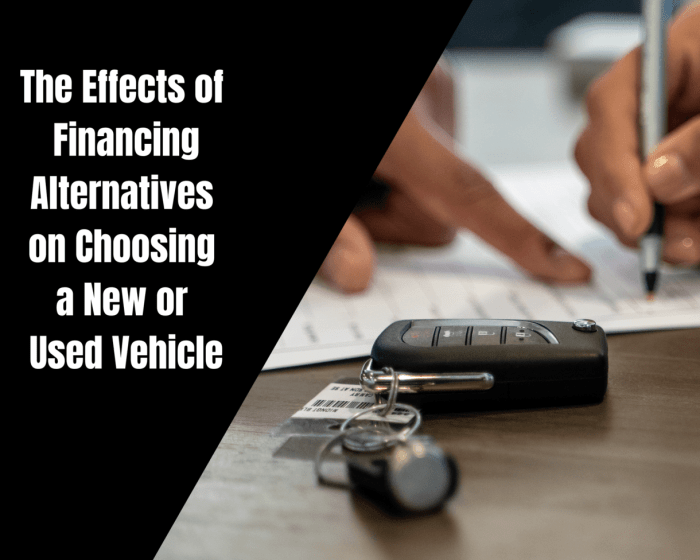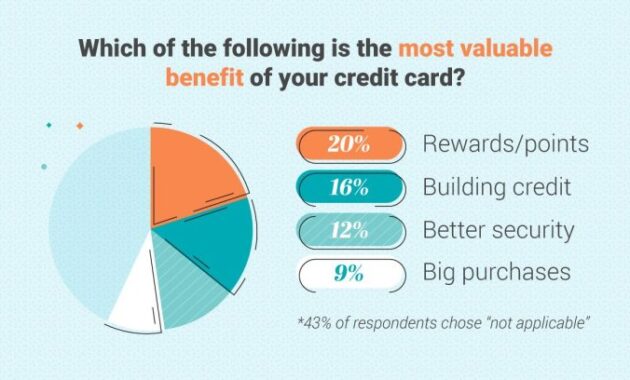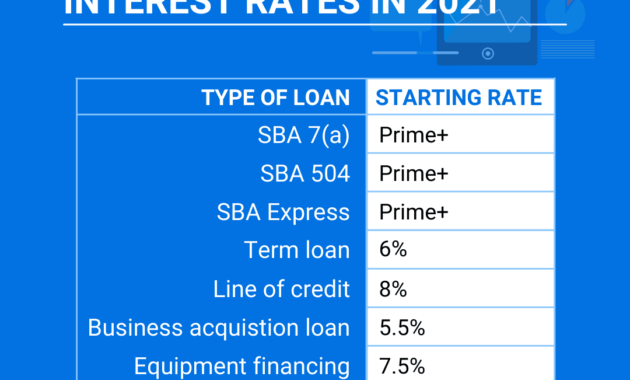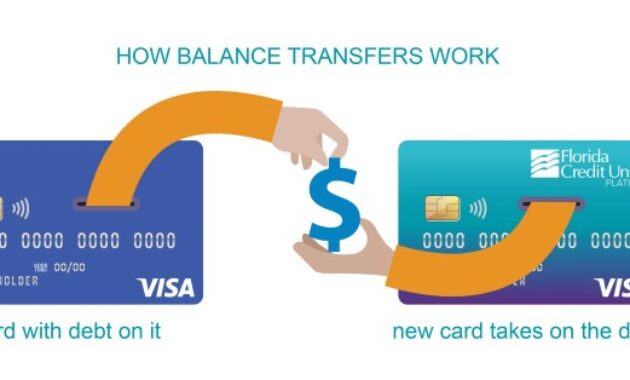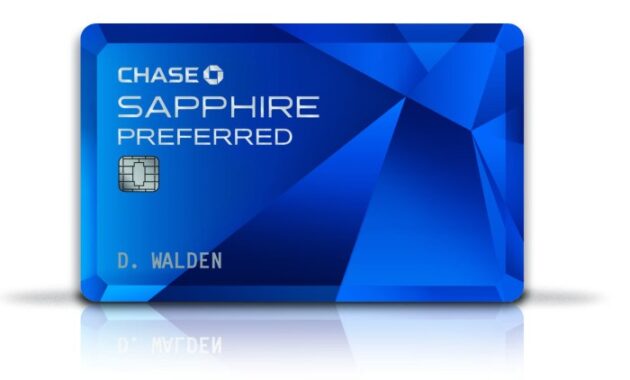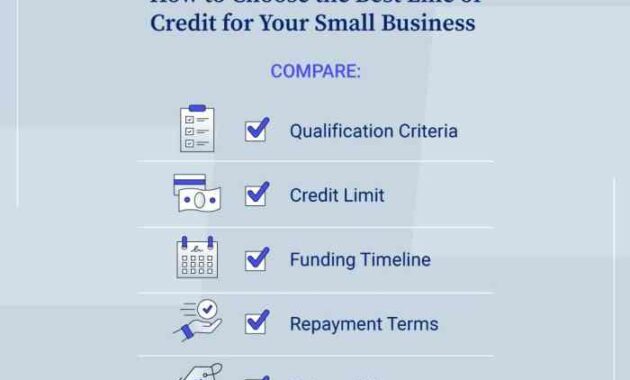Used car financing options open up a world of possibilities for those looking to purchase a pre-owned vehicle. Dive into the realm of loans, eligibility criteria, interest rates, and more as we unravel the secrets behind financing a used car.
Types of used car financing options
When it comes to financing a used car, there are several options available to consumers. These options vary in terms of terms, interest rates, and requirements. Understanding the differences between these financing options can help you make an informed decision on how to fund your used car purchase.
Traditional bank loans vs. dealer financing options
Traditional bank loans and dealer financing options are two common ways to finance a used car purchase. Traditional bank loans typically involve borrowing money from a bank or financial institution to purchase a car. These loans often have fixed interest rates and terms, making them a predictable option for many buyers. On the other hand, dealer financing options are offered by the dealership where you are purchasing the car.
These options may include special promotions, such as 0% financing or cashback incentives, but the interest rates and terms may vary.
Personal loans vs. auto loans
Another consideration when financing a used car is whether to use a personal loan or an auto loan. Personal loans are unsecured loans that can be used for any purpose, including purchasing a car. These loans typically have higher interest rates than auto loans, but they may offer more flexibility in terms of repayment. Auto loans, on the other hand, are specifically designed for purchasing a vehicle.
These loans often have lower interest rates than personal loans, but they may require a down payment or collateral.
- Advantages of personal loans:
Flexibility in use of funds
Potentially faster approval process
- Disadvantages of personal loans:
Higher interest rates
No specific collateral tied to the car
- Advantages of auto loans:
Lower interest rates
Secured by the vehicle being purchased
- Disadvantages of auto loans:
May require a down payment
Strict repayment terms
Eligibility criteria for used car financing

When it comes to obtaining a loan to finance a used car, there are certain eligibility requirements that lenders typically look for. These requirements are designed to assess the borrower’s ability to repay the loan and mitigate the lender’s risk.
Credit scores and credit history
One of the key factors that lenders consider when approving used car loans is the borrower’s credit score and credit history. A higher credit score generally indicates a lower risk for the lender, making it easier to qualify for better financing options with lower interest rates. On the other hand, a lower credit score may result in higher interest rates or even rejection of the loan application.
Income requirements and other factors
In addition to credit scores, lenders also evaluate the borrower’s income to ensure they have the financial means to repay the loan. Income requirements vary depending on the lender and the loan amount, but borrowers with stable employment and a steady income are more likely to qualify for used car financing. Lenders may also consider factors such as employment history, debt-to-income ratio, and the down payment amount when assessing eligibility for a loan.
Interest rates and terms: Used Car Financing Options
When it comes to financing a used car, understanding interest rates and loan terms is crucial. This can have a significant impact on the total cost of the vehicle and your monthly payments.
Interest Rates Comparison
- Banks: Banks typically offer competitive interest rates for used car financing. These rates can vary based on your credit score and financial history.
- Credit Unions: Credit unions are known for offering lower interest rates compared to banks. Membership criteria may apply.
- Dealerships: Dealerships may offer financing options with higher interest rates, but they can be convenient for those looking to purchase a car on the spot.
Loan Terms Impact, Used car financing options
- Loan Term Length: The length of the loan term can affect your monthly payments. A longer loan term may result in lower monthly payments but higher overall interest costs.
- Down Payment Amount: Making a larger down payment can help reduce the amount you need to finance, resulting in lower monthly payments and potentially lower interest rates.
Negotiating Strategies
- Improve Credit Score: A higher credit score can help you qualify for lower interest rates. Consider improving your credit score before applying for a loan.
- Shop Around: Compare offers from different lenders to find the best interest rates and loan terms for your financial situation.
- Negotiate: Don’t be afraid to negotiate with lenders or dealerships for lower interest rates or more favorable loan terms. It never hurts to ask for a better deal.
Additional costs and considerations
When considering used car financing options, it’s crucial to take into account the additional costs that come with purchasing a vehicle. These costs can include insurance, taxes, and various fees that may impact the overall cost of ownership. Understanding these expenses is essential for making an informed decision and avoiding any financial surprises down the road.
Insurance, Taxes, and Fees
- Insurance: When financing a used car, insurance is a necessary expense to protect your investment. The cost of insurance can vary based on factors such as the make and model of the car, your driving record, and where you live.
- Taxes: Depending on your location, you may be required to pay sales tax when purchasing a used car. This additional cost should be factored into your budget to avoid any unexpected financial burdens.
- Fees: There are various fees associated with buying a used car, including registration fees, title transfer fees, and documentation fees. These fees can add up quickly, so it’s important to be aware of them upfront.
Total Cost of Ownership
Considering the total cost of ownership is crucial when choosing a financing option for a used car. This includes not only the purchase price and loan interest rates but also ongoing expenses such as insurance, maintenance, and fuel costs. By calculating the total cost of ownership, you can determine the affordability of a vehicle and make a more informed decision about your financing options.
Benefits of Pre-Approval
Pre-approval for a car loan can offer several benefits, including streamlining the car buying process. By getting pre-approved for financing, you’ll know exactly how much you can afford to spend on a vehicle, which can help narrow down your options and save time at the dealership. Additionally, pre-approval can give you more bargaining power when negotiating with dealerships, as you’ll already have a set budget in place.
Final Review

In conclusion, navigating the realm of used car financing options can be a daunting task, but armed with the right knowledge and insights, you can make informed decisions that suit your financial needs. Explore the world of pre-owned vehicle financing and drive off with confidence in your newly acquired wheels.
Clarifying Questions
What are the main types of loans available for financing a used car?
There are various options such as traditional bank loans, dealer financing, personal loans, and auto loans.
How do credit scores impact eligibility for used car financing?
Credit scores play a crucial role in determining eligibility for different financing options, affecting interest rates and loan approval.
What additional costs should I consider when financing a used car?
Aside from the loan amount, factors like insurance, taxes, and fees should be factored into the total cost of ownership.
Is pre-approval beneficial when financing a used car?
Pre-approval can streamline the car buying process by giving you a clear idea of your budget and helping you negotiate better terms.
